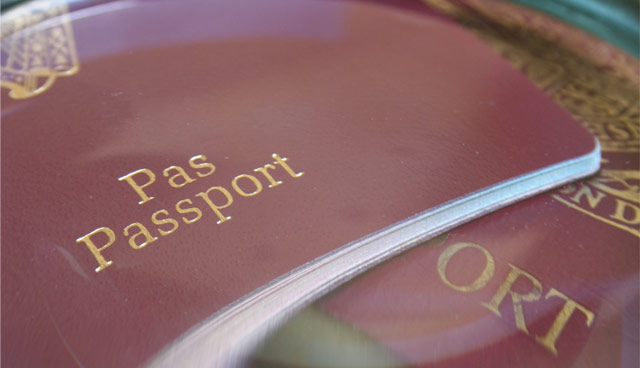Rights of Irish citizens in Northern Ireland

Confusion surrounds the constitutional status of those born in Northern Ireland who claim Irish citizenship. The Home Office has been accused of not upholding Britain’s end of the Good Friday Agreement.
The British-Irish Agreement, which was annexed to the Good Friday Agreement, granted those born in Northern Ireland the right to be “British, Irish or both” and is one of the most celebrated elements of the Agreement. The DeSouza case has exposed the Home Office’s failure to adapt that position into their laws, which still operate under the 1981 British Nationality Act, which stated that anyone born in Northern Ireland was automatically a British citizen.
This previously unknown dual-citizenship of Irish citizens in Northern Ireland is likely to cause further controversy as Brexit approaches, given that the Home Office, in March 2019, changed its definition of an EEA citizen (i.e. those who will have access to EU rights after Brexit) to be those who do not also possess British citizenship. This would mean that those in Northern Ireland who see themselves as solely Irish would be ineligible to apply for the EU Settlement Scheme for their families.
In December 2016, DeSouza and her husband had an application for a European Economic Area residency card turned down, to their surprise. The application was rooted in the 2006 EEA Regulations and Emma DeSouza’s status as an Irish citizen, but DeSouza was informed that, having been born in Northern Ireland, she was regarded as a British citizen by the Home Office and would have to apply for her husband’s residential status through the stricter UK immigration process.
Legal advice received by Emma DeSouza was to renounce her British citizenship, citizenship she was unaware she possessed and had never claimed. Writing on the online self-publishing platform Medium, DeSouza described her experience: “I discovered that my lifelong Irish identity is evidently considered secondary to an unclaimed British identity… I haven’t held a British passport or claimed British citizenship – yet there I was; in an unprecedented situation where this additional and entirely imposed citizenship was stripping me of my EU Right to Family Life. Our application for an EEA residence card was met with a letter of refusal, accompanied by a deportation order.”
DeSouza challenged the Home Office’s ruling and won an appeal, with the presiding judge ruling in her favour on the basis of the Good Friday Agreement, ruling that those born in Northern Ireland could “choose their nationality as a birthright” and “nationality cannot therefore be imposed on them at birth”. The Home Office is said to be considering an appeal.





